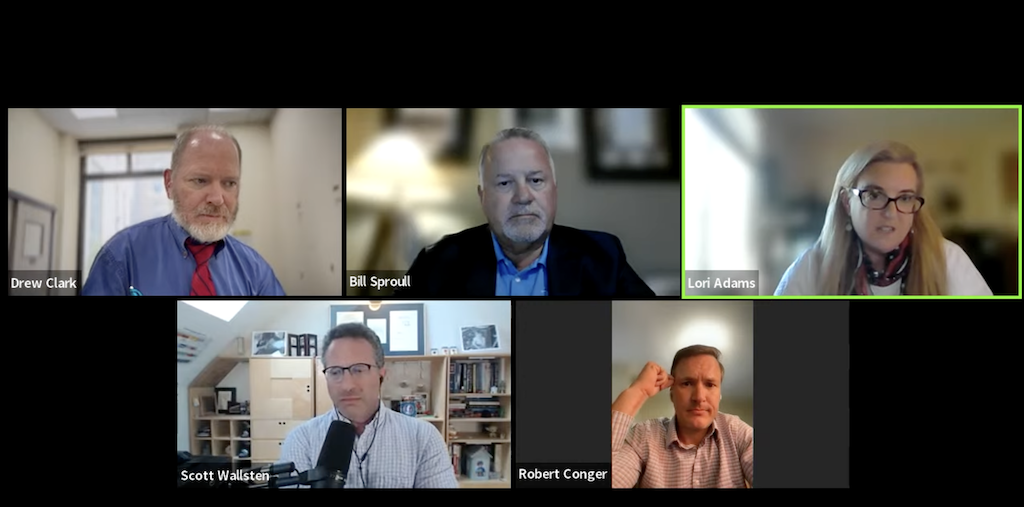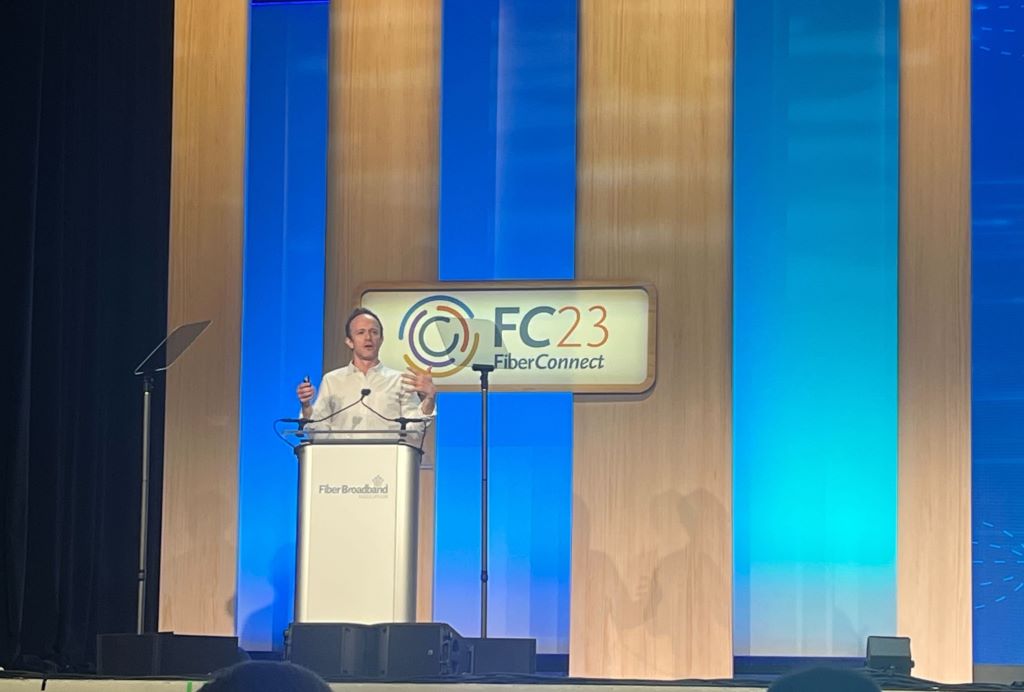
BEAD
The waiver exempts specific BEAD-funded equipment from the domestic manufacturing requirement outlined in the IIJA.


WASHINGTON, February 23, 2024 – In a waiver issued Friday, the National Telecommunications and Information Administration found that the U.S. supply of semiconductors and electronics utilized in fiber-optic networks falls short of the amount needed for a current $42.5 billion federal broadband expansion program.
With the waiver now finalized, the NTIA is waiving a program requirement that certain electronics and equipment used in broadband projects funded by the Broadband, Equity, Access and Deployment program be domestically sourced in the United States.
Network components now exempt from BEAD’s ‘Build America Buy America’ requirements include the majority of electronics and components incorporating semiconductors, such as OLT Line Cards and Optic Pluggables.
As part of its supply chain research, the NTIA discovered that semiconductors and other electronic equipment are almost exclusively manufactured in Southeast Asia, and despite national efforts, U.S. supply chains are unlikely to strengthen within the given timeframe.
NTIA’s waiver also extends to overclad cylinders of fiber optic cables. This minor network component can be added post-construction and provides an extra layer of protection to the fiber to enhance durability and resistance to environmental factors.
The waiver additionally specifies that enclosures such as pedestals, terminals, and fiber distribution frames, which house active electronics and fiber splits, are permitted to be sourced from locations outside the U.S.
The NTIA published its complete list of ‘Build America Buy America’ waivers accompanied by a dedicated FAQ page tailored to the BEAD program. The draft waiver was released in late August 2023.
Proposed Buy America Waiver Makes BEAD Projects Feasible, Say Fiber Manufacturers
Experts said the waiver will make it more practical for BEAD projects to comply with Buy America rules.

The ‘Buy America’ provision refers to a set of rules and regulations aimed at prioritizing the use of American-made products and materials in federally funded infrastructure projects, adopted in the Infrastructure Investment and Jobs Act.
Only four distinct electronics categories are required to adhere to the ‘Buy America’ requirements. And must obtain at least 55 percent of their components from U.S. sources.
Proposed ‘Buy America’ Waiver Will Give Industry Ability to Build By BEAD Deadline: Experts
Buy America provisions are seeping into state and provider policies.

The manufacturing of these electronics has been growing domestically, according to the NTIA. They include: 1) optical line terminals (OLTs) and remote optical line terminals, 2) OLT line cards, 3) optic pluggables, and 4) optical network terminals and optical network units.
This provision seeks to bolster domestic manufacturing and support American workers by requiring that a certain percentage of materials, components, and products used in infrastructure projects funded by the IIJA be sourced or manufactured within the United States.
NTIA Waives 55 Percent Cost Requirement for Fiber Electronic Components
Manufacturers can self-report products are Buy America compliant to be included on NTIA public list.

“These are American tax dollars. We strongly believe they should be spent on equipment made by American workers in American communities,” the NTIA announced in an email about the finalized waiver.
Taken together, these investments with real impacts for Americans. In Tennessee and North Carolina entire factory workforces have been retrained to manufacture state of the art fiber optic cable.
NTIA Releases Waiver of Buy America Rules; Still Requires Fiber Electronics Made in USA
Manufacturer Nokia claimed its fiber-optic electronics equipment will meet Build America, Buy America rules.

In August, the NTIA estimated that close to 90 percent of BEAD funds spent on equipment will be spent on equipment manufactured in the United States. The administration maintained that projection in the email sent Friday.
The waiver takes into account input collected during a 30-day public comment period for the initial draft, with the DOC additionally conducting over 385 meetings involving more than 50 firms and 250 individuals.
